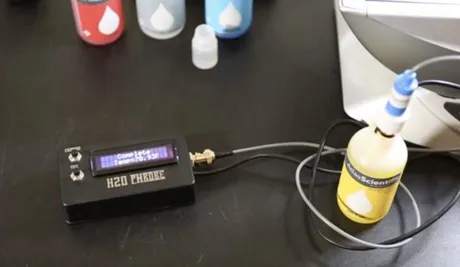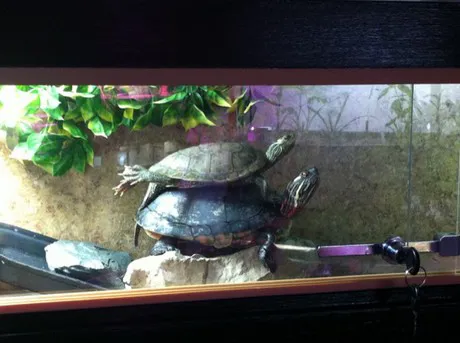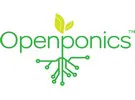Openponics is a side project Joel spun up around 2015. At that point, he had been working in the electronics world for about eight years, and he had been practicing urban aquaponics for two years. "I knew I wanted to work in the aquaponics industry somehow, but wasn't sure what the best fit was. There were plenty of businesses selling parts and kits to make aquaponic systems, but the technology used to monitor those systems was lacking. I hope to one day offer water and plant monitoring products that are affordable for those running even the smallest system."

It all started when Joel inherited a tarantula from his aunt that she had caught locally. "How it came to be in her possession is another story, but I immediately began incorporating electronics in its terrarium. From there, I graduated to emperor scorpions, which are most active when it's dark. I installed a night vision camera to observe their activity. I got some pretty good videos out of it. It all kind of started spiraling out of control at that point, evolving into what you see today."
Turtleponics
The next step in Joel's career of raising unusual pets came when he got some free turtles off of Craigslist. "I wanted to build a nice habitat for them. I had also been building aquaponics systems before the turtles came around. I already knew about the nitrogen cycle and its role in aquaponics. The turtles, even with proper filtration, produce a ton of nitrates. I did a little research to see why turtle poop couldn't be used the same as fish poop. There was some concern about salmonella, though my sources have explained that the turtles having salmonella thing was blown way out of proportion. Still, I decided not to risk eating the plants myself. Luckily, turtles love veggies, so it made perfect sense to grow food for the turtles from the turtle's waste."

Open source
Over the course of this tinkering, Joel has gathered a lot of knowledge. While his background is in electrical/computer engineering, he says he's always loved all fields of science. "I've had to pick up the biology portion of aquaponics as I go, but I feel that now, after over 5 years experience with my own aquaponic systems, that I can diagnose water quality and plants problems pretty well. There is much I could learn still though. I educate myself with books and on the internet as needed, but the rest of my knowledge has come from my own personal experiences."
"I think just like any repository of information, the biggest benefit is shared experience", Joel adds. "The internet, particularly video hosting sites and blogs, are a godsend when it comes to practices such as aquaponics. I watch tons of videos before I begin any big project. A good video is worth so much, especially if you can learn what to do or even what not to do from another person's experience. I watched dozens of videos on bell siphons before I built my own. Same for the systems as a whole."
And he isn't keeping that knowledge to himself. "I worked for one of the original open source hardware companies, SparkFun Electronics, for 11 1/2 years. Free and open knowledge is very important to me. Humanity is better off when humans share the knowledge they have with one another rather then keeping it secret to benefit for themselves. It helps accelerate the propagation of that knowledge. It's no different than the recipes shared through families for generations. It only made sense that if I were to sell products that they should be open source as well."
Right now, Openponics.com is scattered with just a few tutorials and posts, but if even just one person gets something useful out of that, Joel feels, he's done his job. "One day, I'll have open source products to help professional growers not only get a great product but hopefully learn something from it too."
For more information:
 Openponics
Openponicsopenponics@gmail.com
openponics.com
